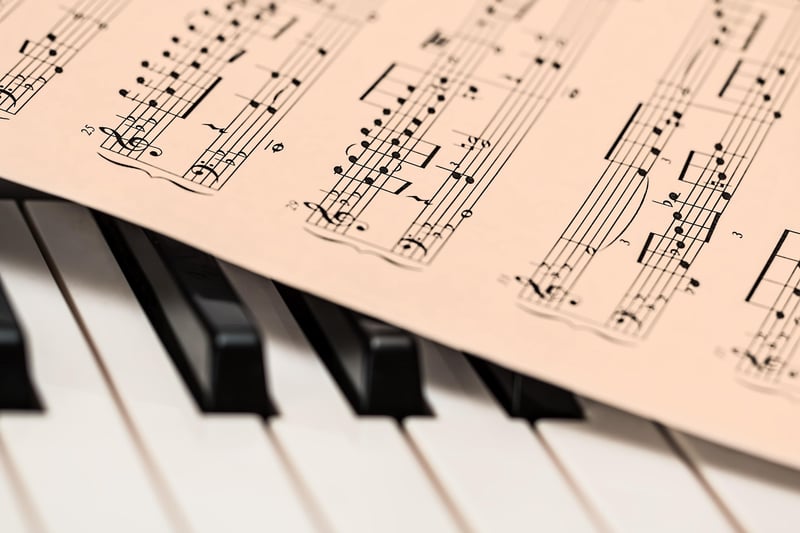Historical Melodies
The Evolution of Music: Exploring Historical Melodies
Music has been a fundamental part of human culture for centuries, evolving and changing with each passing era. From the haunting melodies of ancient civilizations to the vibrant tunes of the Renaissance, music has played a crucial role in shaping societies and expressing human emotions.
Ancient Music: Echoes of the Past
Ancient civilizations like the Egyptians, Greeks, and Romans had unique musical traditions that have left a lasting impact on music today. The haunting sounds of the Egyptian harps, the rhythmic beats of Greek lyres, and the melodic chants of Roman choirs echo through time, giving us a glimpse into the musical world of the past.

The Renaissance: A Rebirth of Music
The Renaissance period marked a significant shift in music, with composers like Bach, Mozart, and Beethoven creating timeless masterpieces that continue to inspire us today. The intricate harmonies, elaborate melodies, and complex compositions of this era laid the foundation for modern classical music.

The 20th Century: Revolutionizing Music
The 20th century brought radical changes to the music landscape, with the birth of jazz, blues, rock, and electronic music. Iconic artists like Louis Armstrong, Billie Holiday, Elvis Presley, and The Beatles transformed the way we perceive and experience music, pushing boundaries and challenging conventions.

Exploring Historical Melodies Today
While the music landscape continues to evolve with new genres and technologies, exploring historical melodies can provide a deeper understanding of our musical heritage. From ancient chants to classical symphonies, each era offers a unique perspective on the power and beauty of music.
Take a musical journey through time and immerse yourself in the rich tapestry of historical melodies that have shaped the music we know and love today.
Discover the magic of music across time and let the historical melodies transport you to different eras, connecting you with the sounds and emotions of our ancestors.
